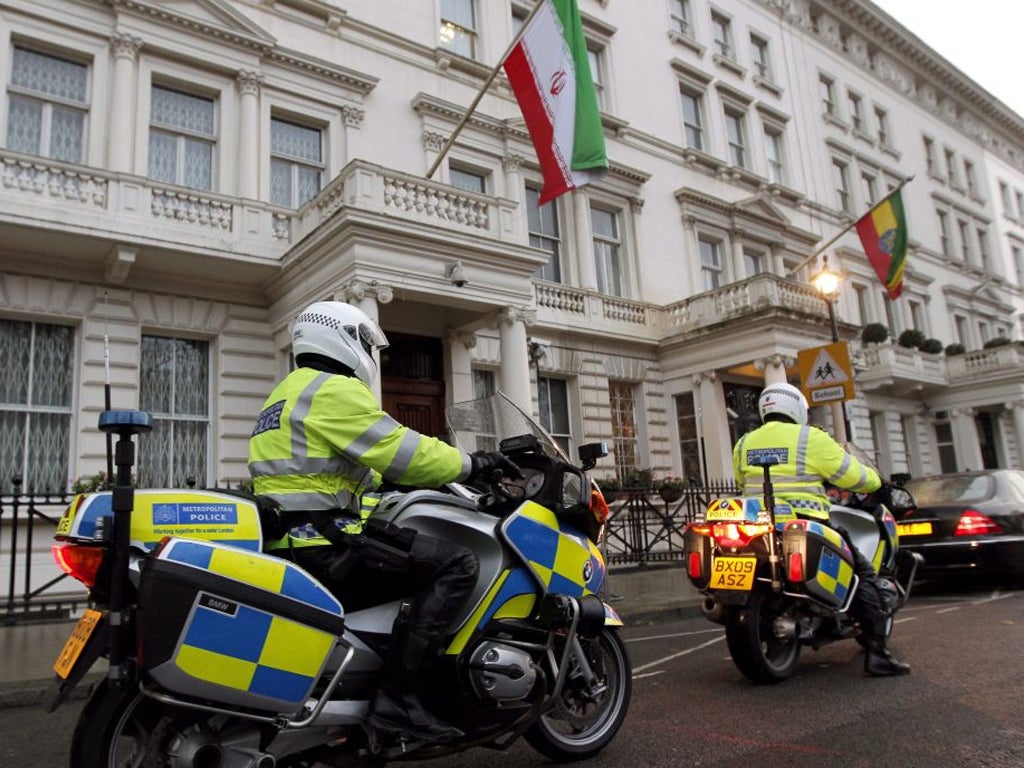EU divided on whether to hit Iran with oil embargo

Your support helps us to tell the story
From reproductive rights to climate change to Big Tech, The Independent is on the ground when the story is developing. Whether it's investigating the financials of Elon Musk's pro-Trump PAC or producing our latest documentary, 'The A Word', which shines a light on the American women fighting for reproductive rights, we know how important it is to parse out the facts from the messaging.
At such a critical moment in US history, we need reporters on the ground. Your donation allows us to keep sending journalists to speak to both sides of the story.
The Independent is trusted by Americans across the entire political spectrum. And unlike many other quality news outlets, we choose not to lock Americans out of our reporting and analysis with paywalls. We believe quality journalism should be available to everyone, paid for by those who can afford it.
Your support makes all the difference.The European Union announced yesterday that tough new sanctions will be imposed on Iran over the country's alleged attempt to acquire a nuclear arsenal, but the meeting in Brussels failed to agree on the imposition of an oil embargo aimed at hitting Tehran's main source of revenue.
EU foreign ministers set out plans under which member countries would gradually cut down on supplies from Iran. France, which has been pushing for oil sanctions, claims to be overcoming resistance among some states which had expressed concerns over the economic costs of an embargo.
Petroleum analysts have warned that global energy prices would rise following a ban on Iranian supplies, at a time when western Europe is struggling with recession. Greece was reported to be particularly worried as Tehran has been offering deals on oil at a time when banks are reluctant to extend loans to Athens.
But French foreign minister Alain Juppé insisted that alternative sources would be found to replace Iran and costs could be kept down.
Additional steps were taken to impose travel restrictions and asset freezes on 37 Iranian nationals and 143 "entities" – organisations and companies – suspected of being involved in work on a possible nuclear weapons programme.
Among the targets, it is believed, are the Islamic Republic of Iran Shipping Line, members of the Islamic Revolutionary Guards Corps and commercial concerns under their control. The full list will be issued today and more names are expected to be added before EU foreign ministers hold their next meeting in January.
The storming earlier this week of the British embassy and residences in Tehran during a demonstration, which London claims was orchestrated by the state, was discussed during the meeting. According to diplomatic sources, it added fuel to the argument for taking punitive action against the Iranian regime. The UK has since pulled its diplomats out of Iran.
Iran is the world's third largest oil exporter. Last year the EU bought 450,000 barrels a day from Tehran, accounting for about a fifth of Iranian exports.
Join our commenting forum
Join thought-provoking conversations, follow other Independent readers and see their replies
Comments